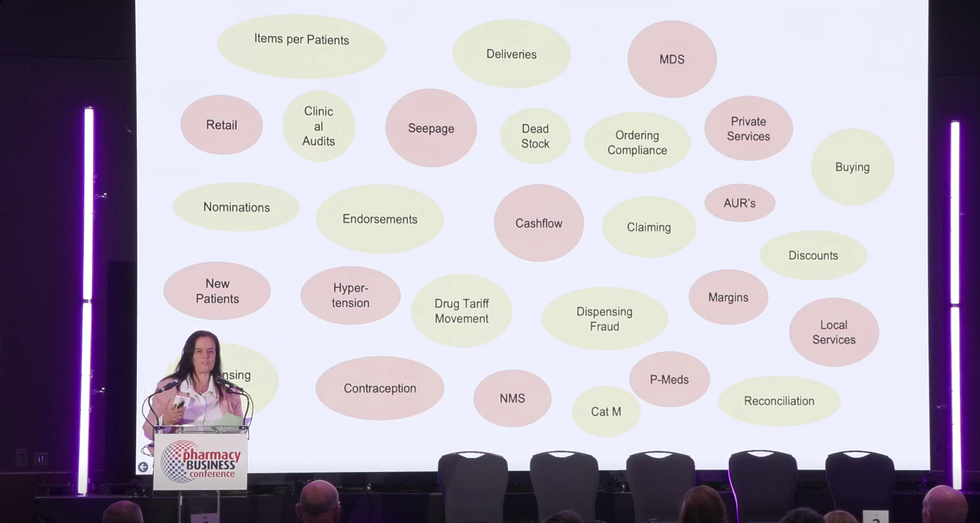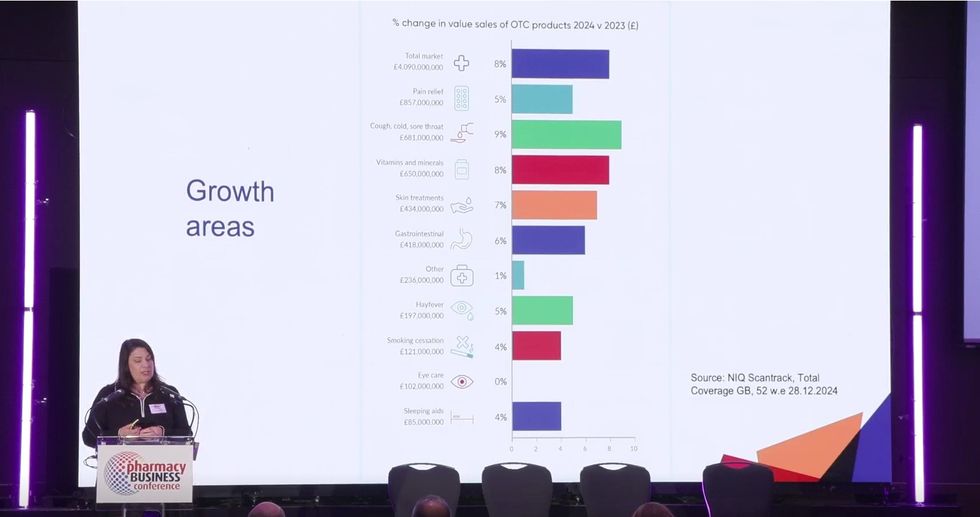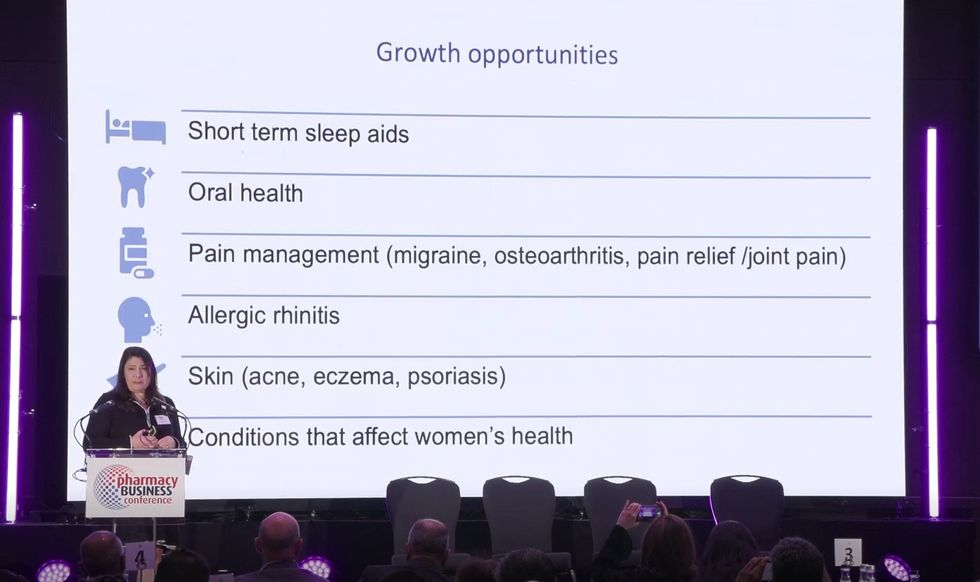Integration of community pharmacy into local health system and primary care network is vital to alleviate workload pressure on general practice and provide an uninterrupted service to patients, said Newham GP Farzana Hussain.
Looking at the appointments this year, there is a 30 per cent rise in demand from patients, and GPs are struggling to match up, she added.
In this scenario, “I think that our community pharmacists are such an asset to us,” to meet that growing demand, said Hussain, who is clinical director of Newham Central 1 Primary Care Network and a senior partner at the Project Surgery in Plaistow.
Citing her experience of collaboration with the neighboring Rohpharm pharmacy, she said, “We are a natural pairing.”
“We are sending just in our practice alone 5,000 patients, about eight CPCS referrals a day. If I put that in context for you, that's half a clinic a day per GP, (with) that we are able to give extra appointments,” she said.
Rohpharm director Jignesh Patel also acknowledged the significance of integration saying, “it is the first time I think in history of pharmacy that pharmacists and GPs and primary care are actually starting to work together.”
Further to back his point, Patel quoted last year’s instance when during the flu season Hussain’s practice did not get flu vaccines, and Rohpharm provided the shots to ensure patients got their jabs in time and there was no disruption to the service.
Similarly, Hussain was quick to return the favour when Rohpharm’s vaccine stock exhausted.
“So that cool coordination and working together meant that our patients didn't actually suffer,” Patel said.
After being elected as the co-chair of the Newham GP and Community Pharmacy Forum, Patel is trying to get all pharmacists to work together and put a system in place.
Likewise, to strengthen the integration model and to boost confidence amongst the GPs about the pharmacists’ skills, Hussain ran a pilot at The Project Surgery, referring at least one appointment to the community pharmacist.
She added: “We know that we have that failsafe mechanism that if somebody can't be dealt with by community pharmacists, they will be referred back to the practice and they will be seen within 24 hours. So that gave our practices a lot of confidence that the system works (for them).”
“I think I would be bold to say that I feel the clinical pharmacist is a great addition to a PCN.
“And I would like to see a day in the not too distant future where our community pharmacists are actually sitting on the PCN board. I know that isn't legislated at the moment, and I think it should be.”
Dr Hussain and Patel were interviewed by chair of Pharmacy Business Conference Michael Holden. The three-way interview ran in the first session of the 6th annual Pharmacy Business Conference on Tuesday, September 21.








 Leverage data sources within community pharmacy
Leverage data sources within community pharmacy  Connecting data dots to spot the “elephant in the room”
Connecting data dots to spot the “elephant in the room”





 NielsenIQ data shows a positive trend in OTC sales
NielsenIQ data shows a positive trend in OTC sales  Six broad health conditions where medicines can be reclassified are shown on the screen.
Six broad health conditions where medicines can be reclassified are shown on the screen. 

